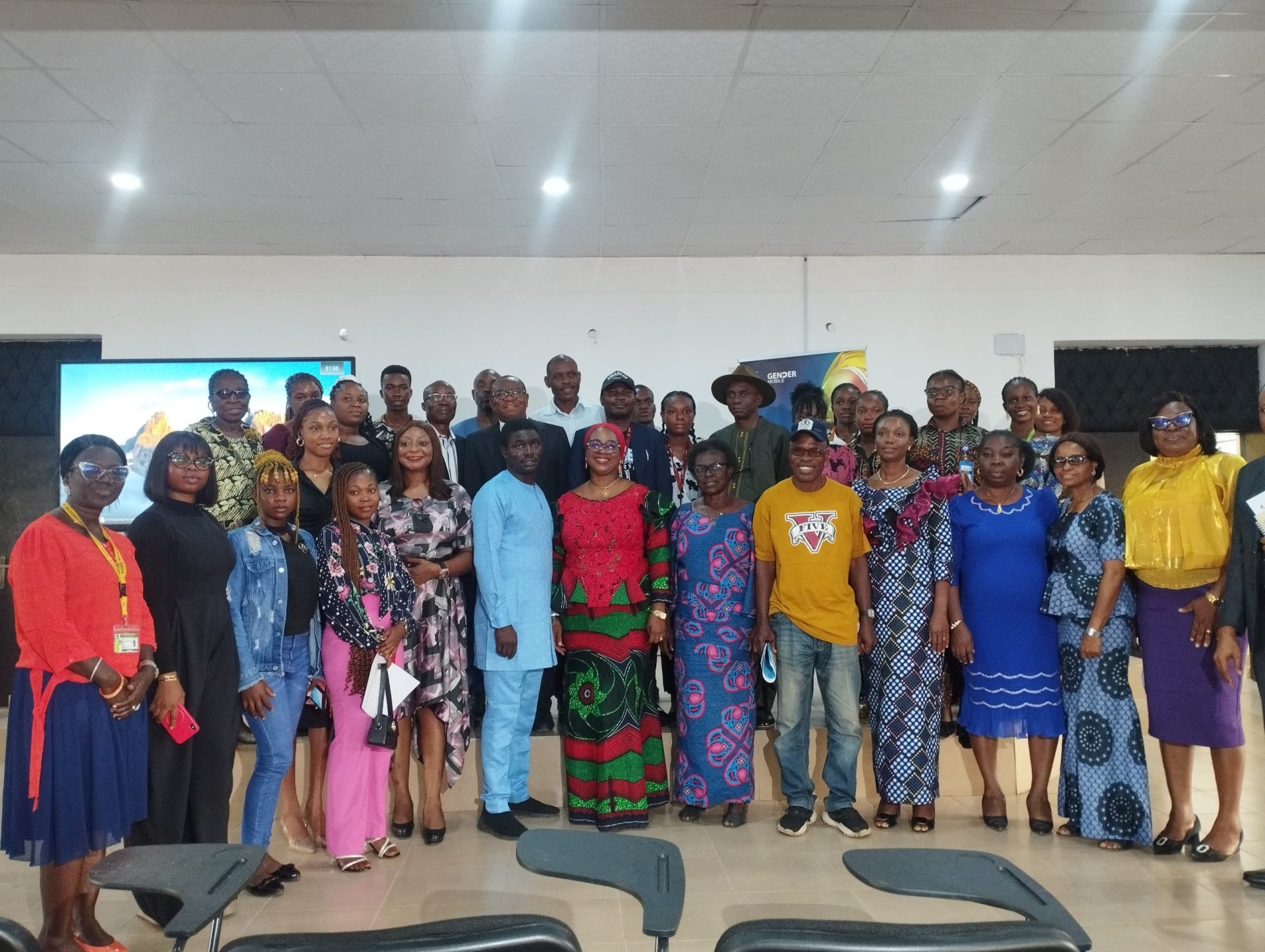In a concerted effort to combat sexual harassment in higher institutions, the Ministry of Tertiary Education in Abia State hosted a one-day campaign in collaboration with the Gender Mobile Initiative (GMI), a non-governmental organization. The campaign, themed “Institutionalizing Campus Safety Initiative Framework at All Tertiary Institutions in Abia State,” brought together key stakeholders to discuss actionable strategies for creating safer academic environments.
Welcoming members of the NGO, the Honourable Commissioner for Tertiary Education, Prof. Eme Uche Eme, commended the initiative, describing it as timely and essential. She, however, emphasized that more still needs to be done, noting that sexual harassment is deeply rooted in societal structures including culture, tradition, and religion.
“Sexual harassment—whether verbal or physical—is real. It can affect anyone, regardless of gender. Your body is your private property, even if you are a call girl,” Prof. Eme stated. She urged participants to examine the issue critically, pointing out that harassment often begins subtly, “with one look at a time.” She also highlighted that harassment is not limited to heterosexual contexts, stressing that same-gender incidents should be equally acknowledged and addressed.

The event featured a presentation by Mr. Emmanuel Olatunde, Learning, Measurement, and Evaluation Officer at GMI, who introduced the organization’s Theory of Change on sexual harassment. He defined the term and outlined various types and causes of harassment, including the absence of effective anti-sexual harassment policies and the failure to implement existing ones.
Mr. Olatunde showcased CampusPal, a mobile app developed by GMI that allows students and staff to report incidents anonymously. He described it as “a beautiful community” built to support both students and lecturers in tackling the menace of harassment on campuses.
He also introduced the Independent Sexual Harassment Prohibition Committee (ISHPC)—a seven-member body set up by institutions that sign a Memorandum of Understanding (MoU) with GMI. This committee is responsible for overseeing and resolving sexual harassment cases internally with transparency and trust.
In her closing remarks, Mrs. Chinyere Okeziem-Nwoko, Permanent Secretary of the Ministry, expressed appreciation on behalf of both GMI and the Ministry of Tertiary Education.
“Today marks a significant milestone in our collective efforts to create safer, more respectful, and more inclusive learning environments across Abia State,” she said. “The adoption of the model anti-sexual harassment policy is not just a procedural step—it is a bold statement that Abia State stands with survivors, promotes accountability, and upholds dignity in our educational system.”
She emphasized that policies are only as effective as the commitment to enforce them, urging all stakeholders to ensure that the resolutions made during the campaign are translated into real change across campuses.
“As partners in knowledge management,” she added, “let us ensure that our tertiary institutions not only impart knowledge but also model integrity, fairness, and justice.”
The campaign concluded with a renewed pledge from participants to foster a culture of safety, respect, and equality across all tertiary institutions in Abia State.

























